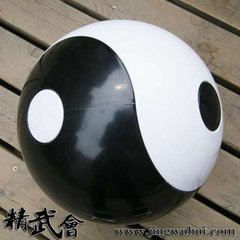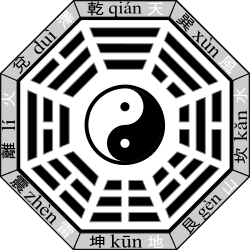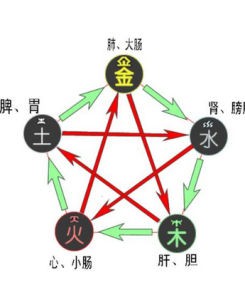 1. Is acupuncture safe?
1. Is acupuncture safe?
Acupuncture is safe, if qualified acupuncturists perform it. Acupuncture needles are thin. They will not damage the tissue, and have virtually no side effects if using disposable sterile needles.
 2. How do you feel when the needle goes in?
2. How do you feel when the needle goes in?
Normally, you could feel “sore, numbness, heavy, distension” in some sensitive point.
We name it “de qi”. It is our body’s reaction to the stimulation. Energy is active and will redistribute in the body. Acupuncture improves body’s balance and general health, eventually reach disease prevention.
 3. What are the the origins and development of acupuncture and Traditional Chinese Medicine(TCM)?
3. What are the the origins and development of acupuncture and Traditional Chinese Medicine(TCM)?
TCM originated thousands of years ago in china. Our ancestors collected wild herbs in mountains and used them for healing. From generation to generation, the knowledge has been passed down and produced a set of theoretical systems, such as the Ying and Yang doctrine, the Five-element theory, the concept of holism and the dialectics analysis. Even in the present day, people still use herbs to cure a variety of diseases for which conventional medicine does not have effective treatments.
Acupuncture is a branch of traditional Chinese medicine. Similarly, three thousand years ago, skillful people would puncture an abscess with a sharp stone. They also found that pain is reduced when pressing some point on the body. They began to study the human body, and discovered the twelve meridians and 361 points. Stimulating the points makes the whole body healthier and gives longevity. These techniques have been practised for thousands of years, and they are still popular in China and around the world.
4. What kinds of diseases can acupuncture treat?
Acupuncture can treat over 200 commonly encountered clinical disorders according to the World Health Organization; those can be classified as follow:
- Diseases of the musculoskeletal system, such as neck, shoulder, lower back pain, tennis elbow, sciatica, wrist, knee, ankle pain, plantar fasciitis, Achilles tendonitis, arthritis and fibromyalgia
- Disorders of the nervous system, such as migraine, headache, insomnia, dizziness, stress, depression, anxiety, paralysis, stroke, hemiplegia and chronic fatigue symptom
- Gynecological Disorders: Premenstrual syndrome, painful menstruation, irregular menstrual cycle, infertility, menopause syndrome
- Gastrointestinal Disorders: Gastritis, chronic diarrhea, constipation, gastrointestinal weakness and weight loss.